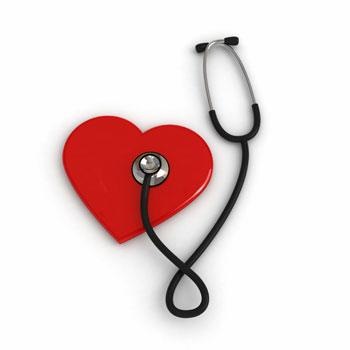
People having silent heart attacks, meanwhile, are much more likely to go without treatment.
Often not aware of what they’re dealing with, they are less likely to get medications they need. They are less likely to make changes their hearts are probably crying out for them to make. As a result, they are doing little to reduce their chances of suffering another heart attack— one that could well prove fatal.
The Miami Herald reports that former Miami nurse Lois Randall experienced a shooting pain in her jaw and neck 17 years ago, when Randall was 50. She took aspirin and declined to see a doctor. Some time later, a cardiologist informed Randall that she had suffered a silent heart attack. Those words did not resonate with Randall, who ignored the diagnosis until suffering a mini-stroke 12 years later. After the mini-stroke she failed a stress test, underwent triple bypass surgery, and had some holes put into her heart to stimulate growth. All told, it took her three years to recover from the ordeal.
Her advice to anyone who even remotely suspects something isn’t well with the heart: “Don’t trivialize anything that doesn’t feel normal to you. See a doctor as soon as you can.”
Dr. Martha Grogan of the Mayo Clinic concurs. Quoted by ABC News, Grogan advises anyone even suspecting heart problems to “err on the side of getting checked out.” As Grogan and others point out, tests can quickly indicate whether or not a silent heart attack has taken place and, if one has, help the victim begin the recovery phase without delay.
